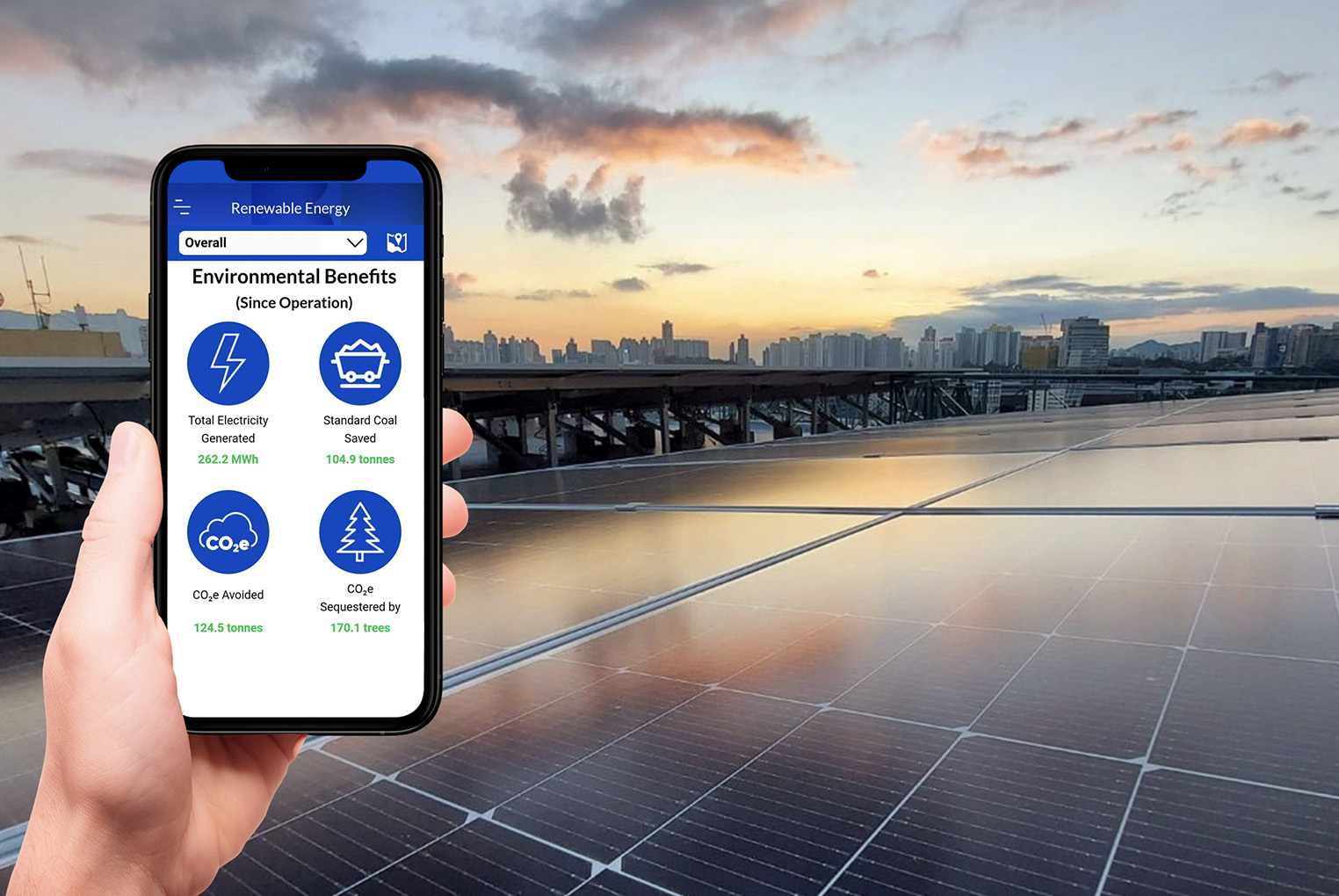Energy Management
Energy Management
Performance in 2024-25 against 2016-17
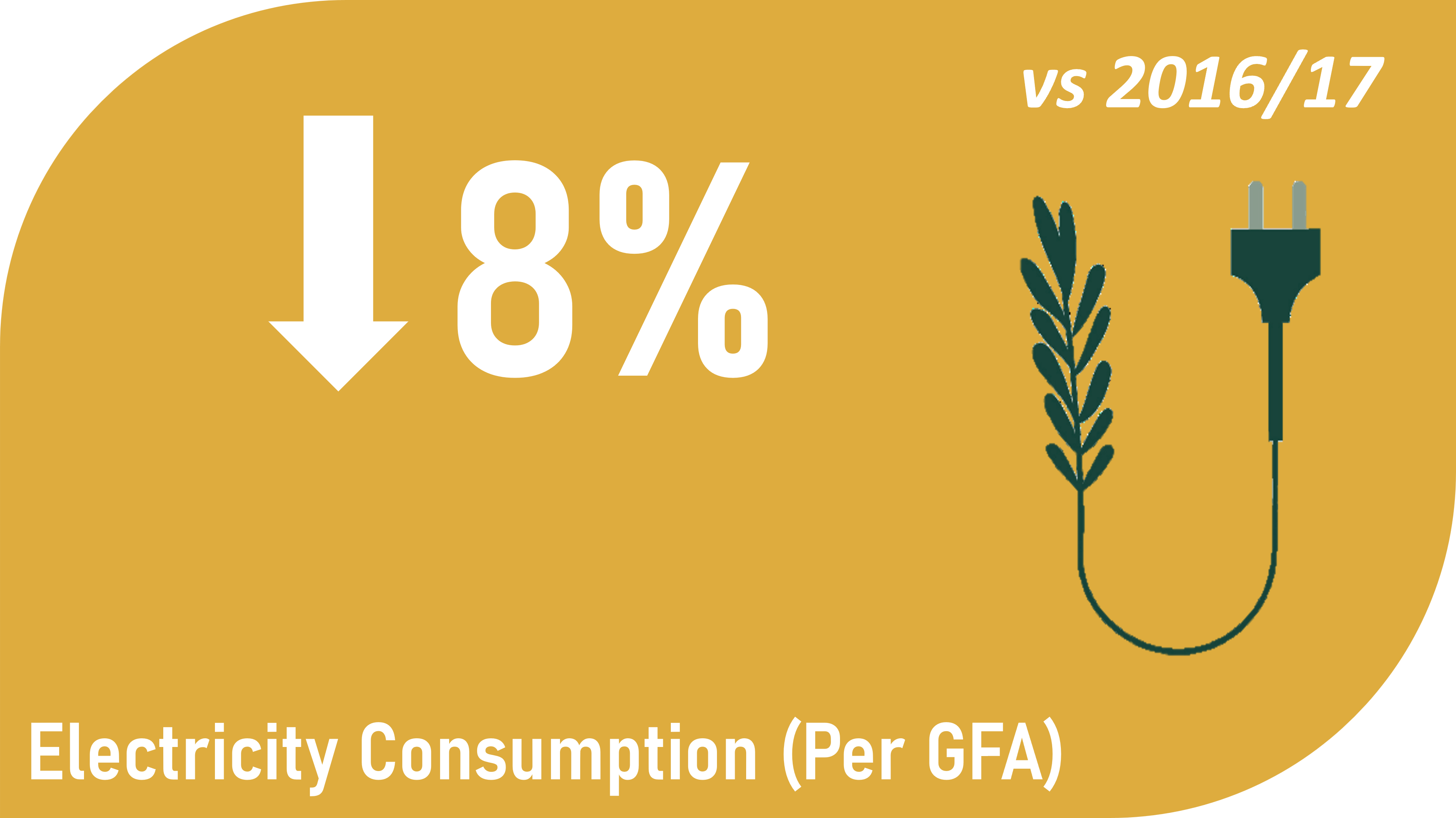

Energy Management Initiatives
At Hong Kong Baptist University, we are dedicated to implementing a range of energy management initiatives to promote sustainability and reduce our carbon footprint. Through these efforts, we strive to enhance energy efficiency, utilise renewable energy sources, and track our progress towards achieving carbon neutrality.
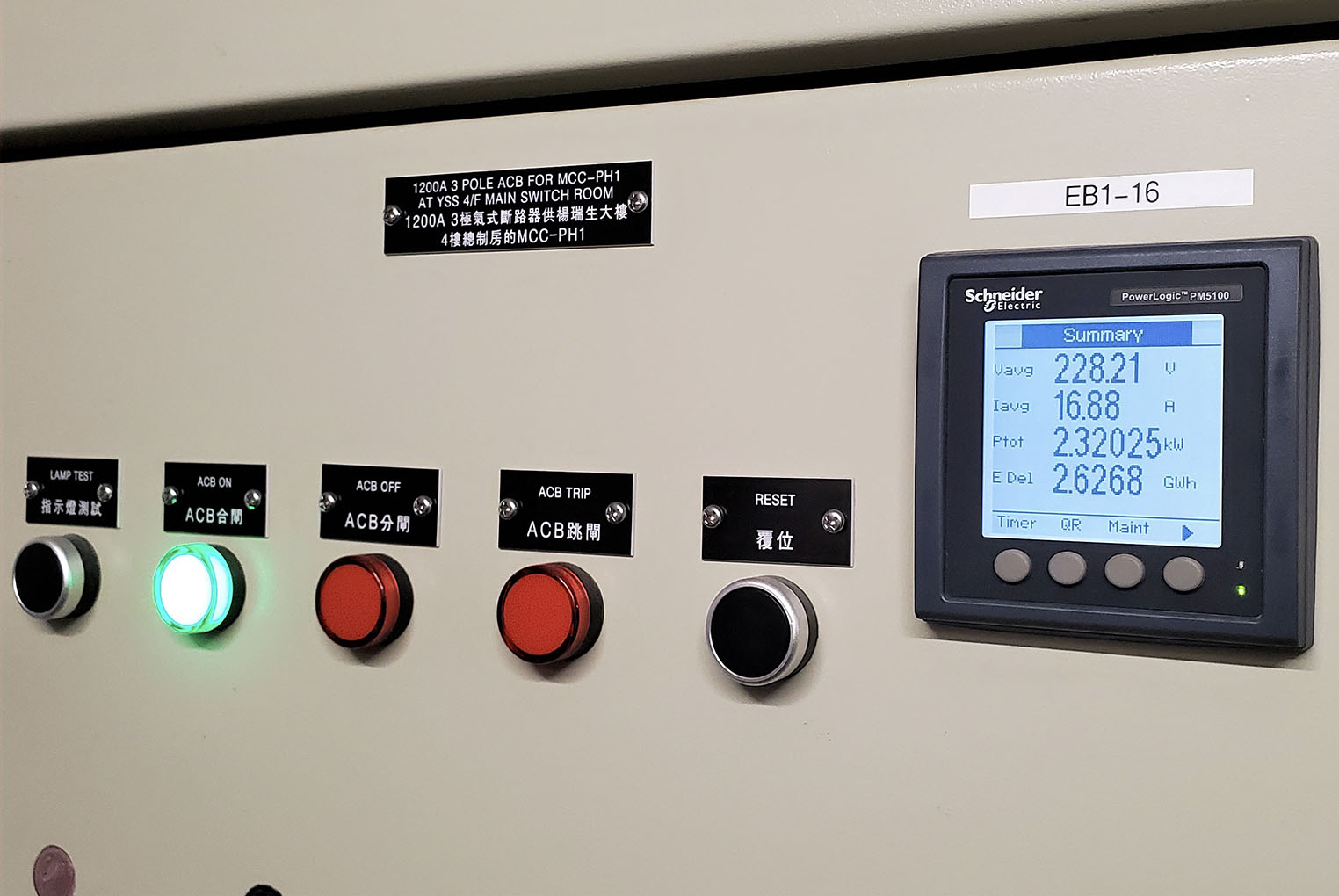

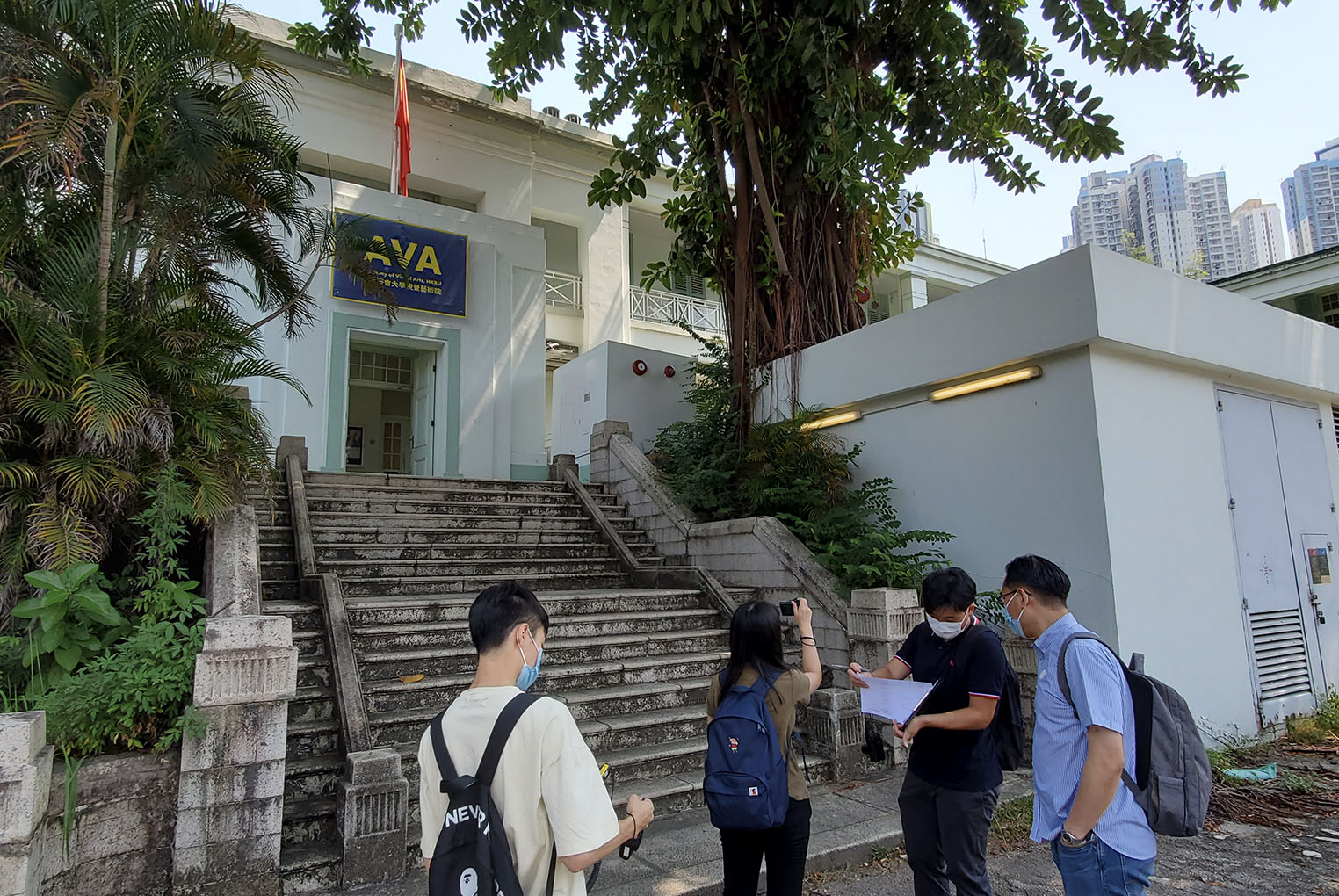

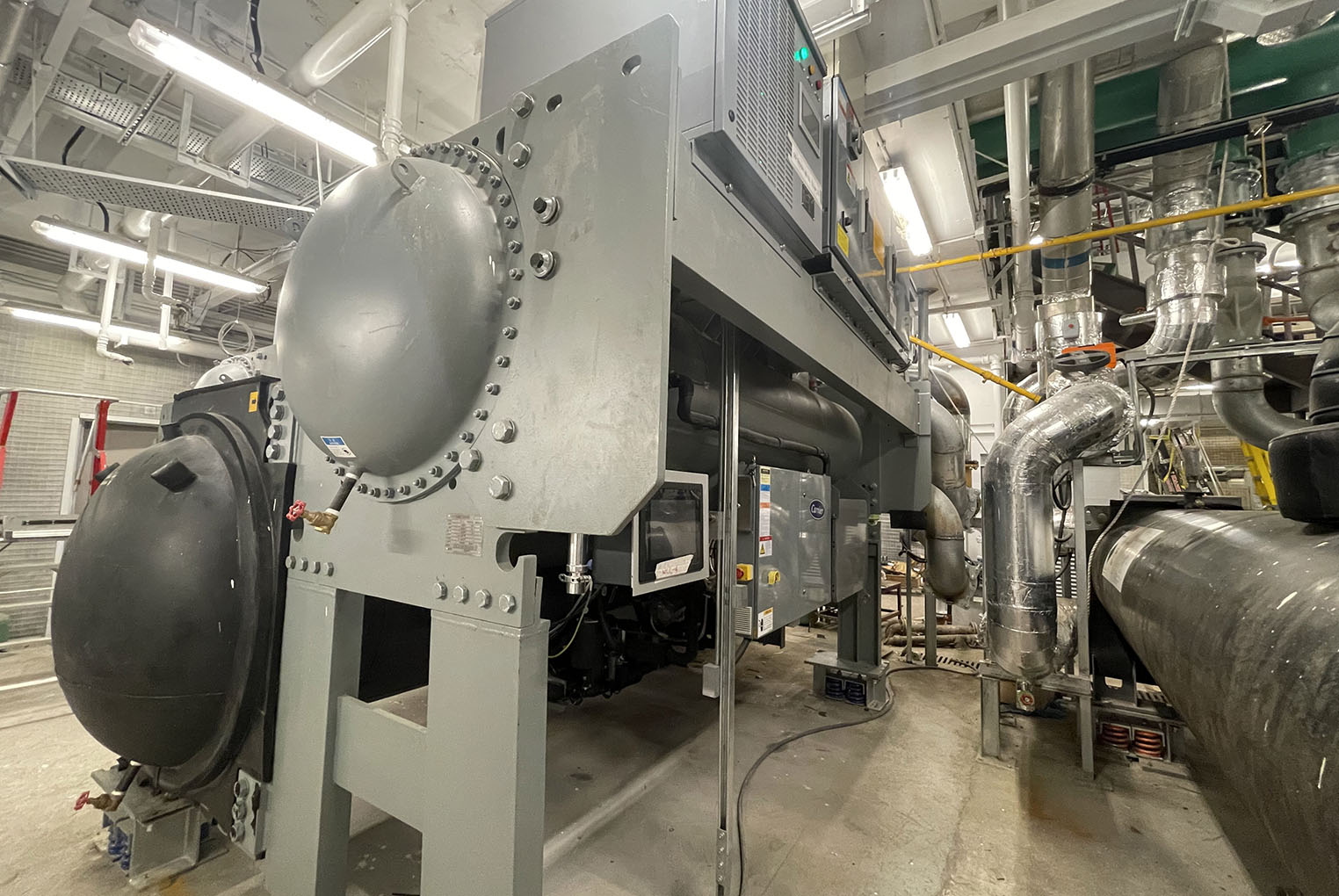

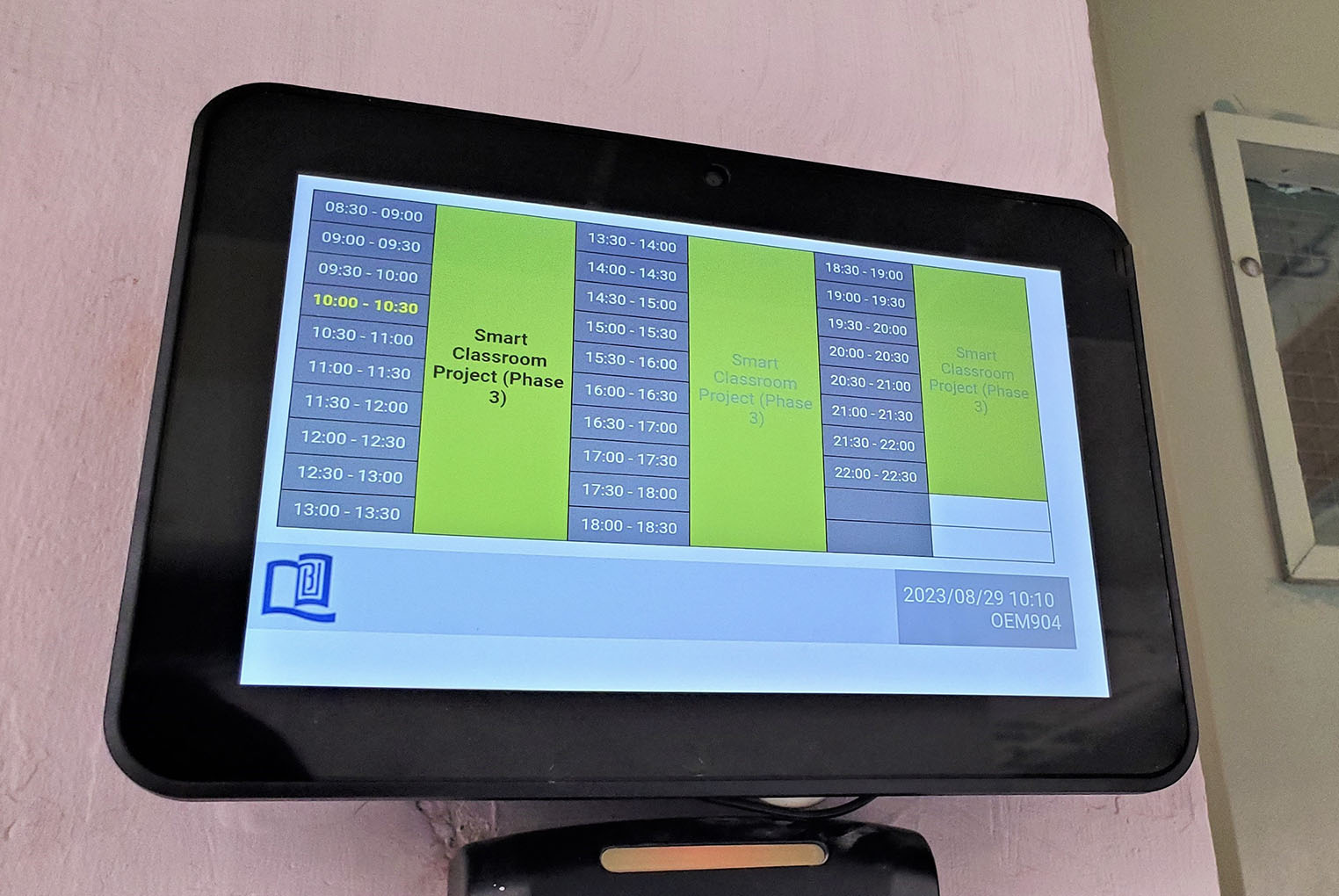

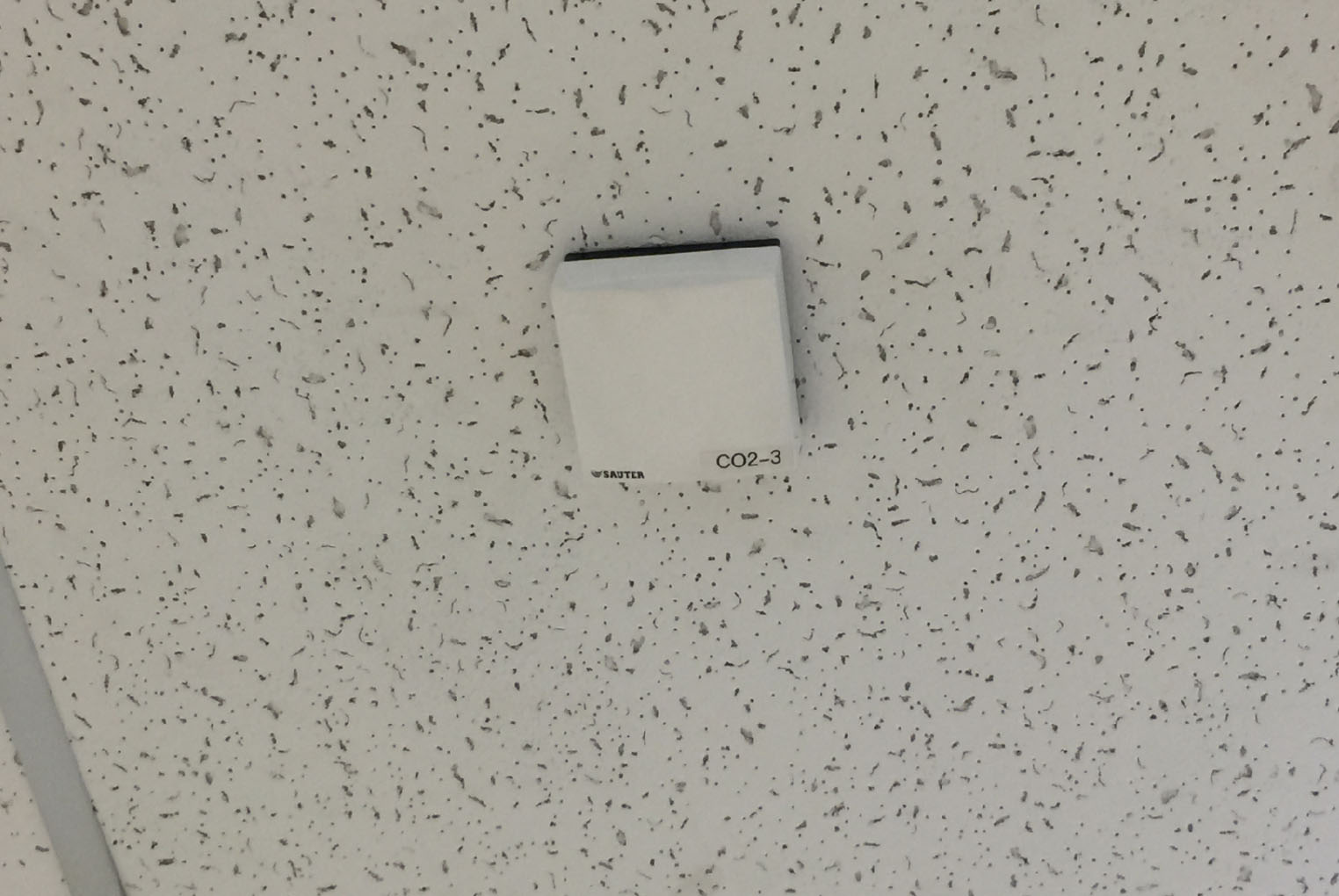

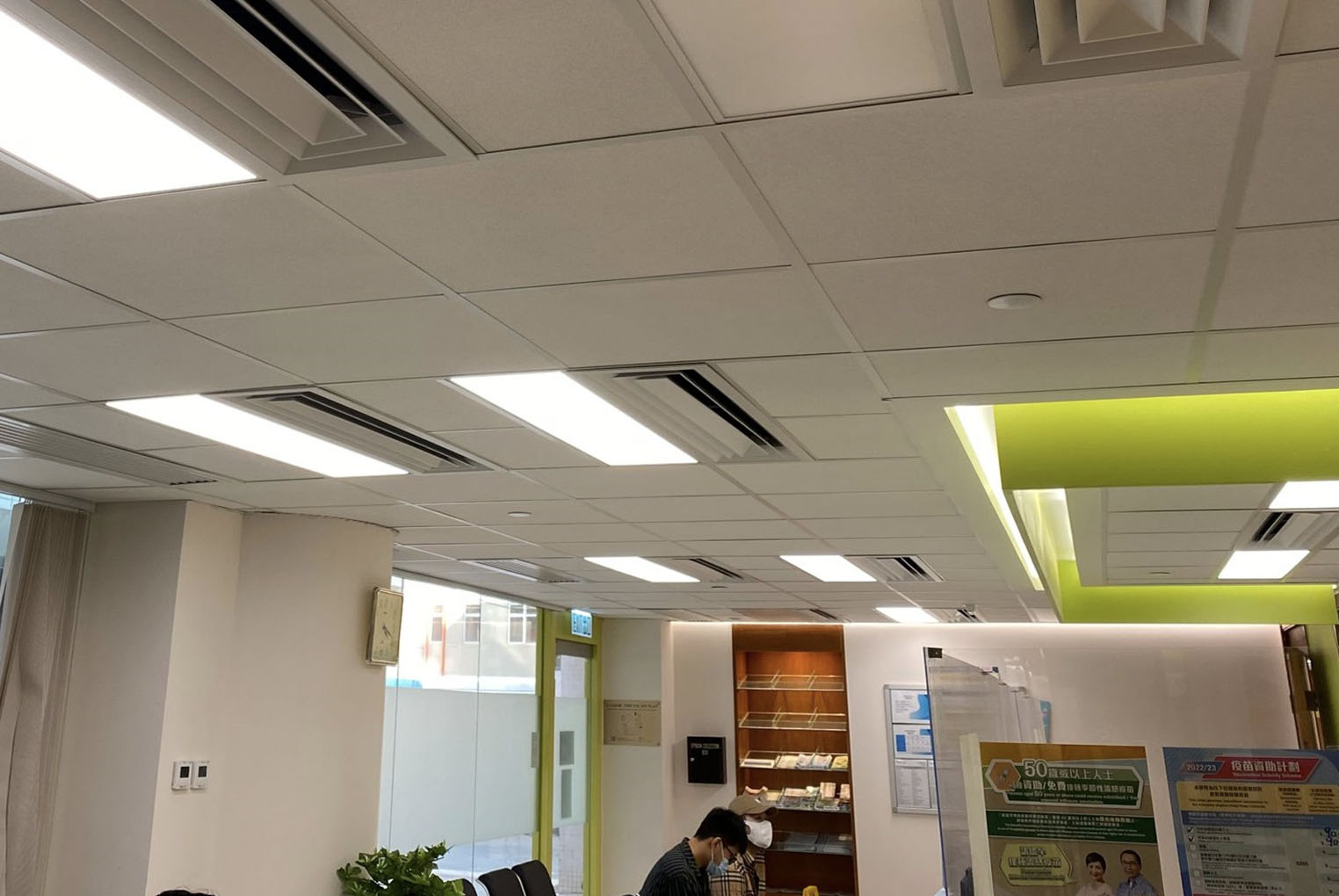

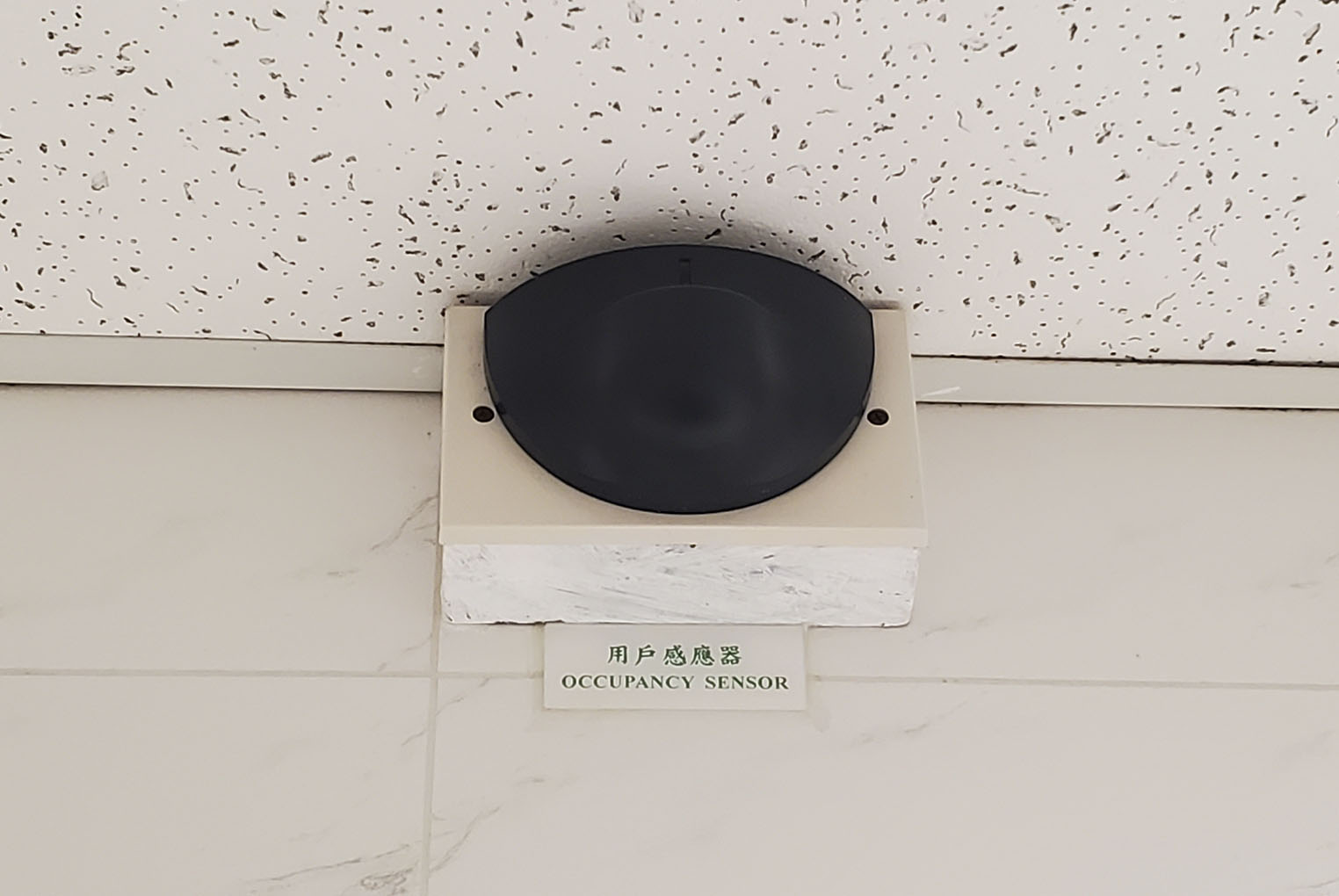

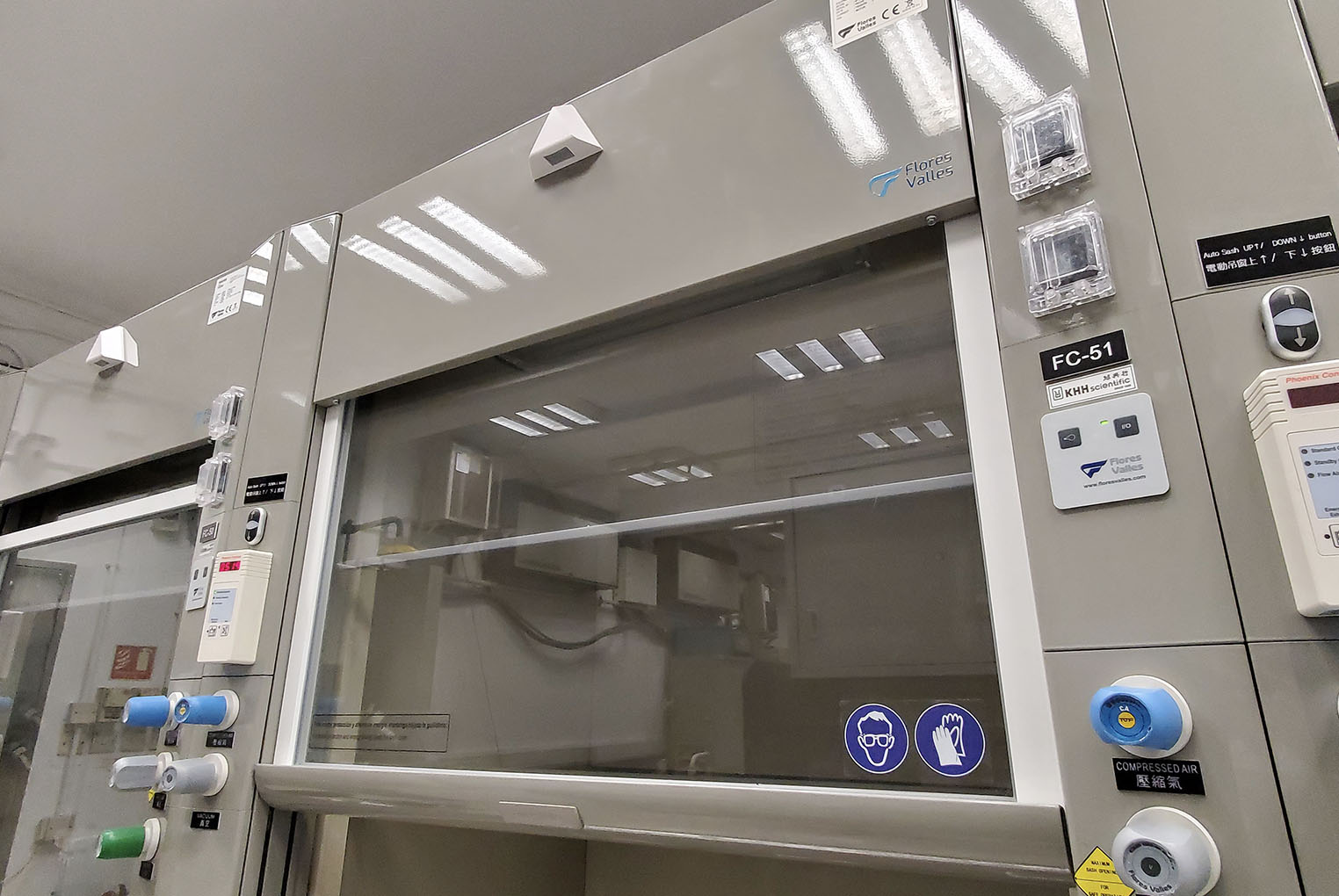

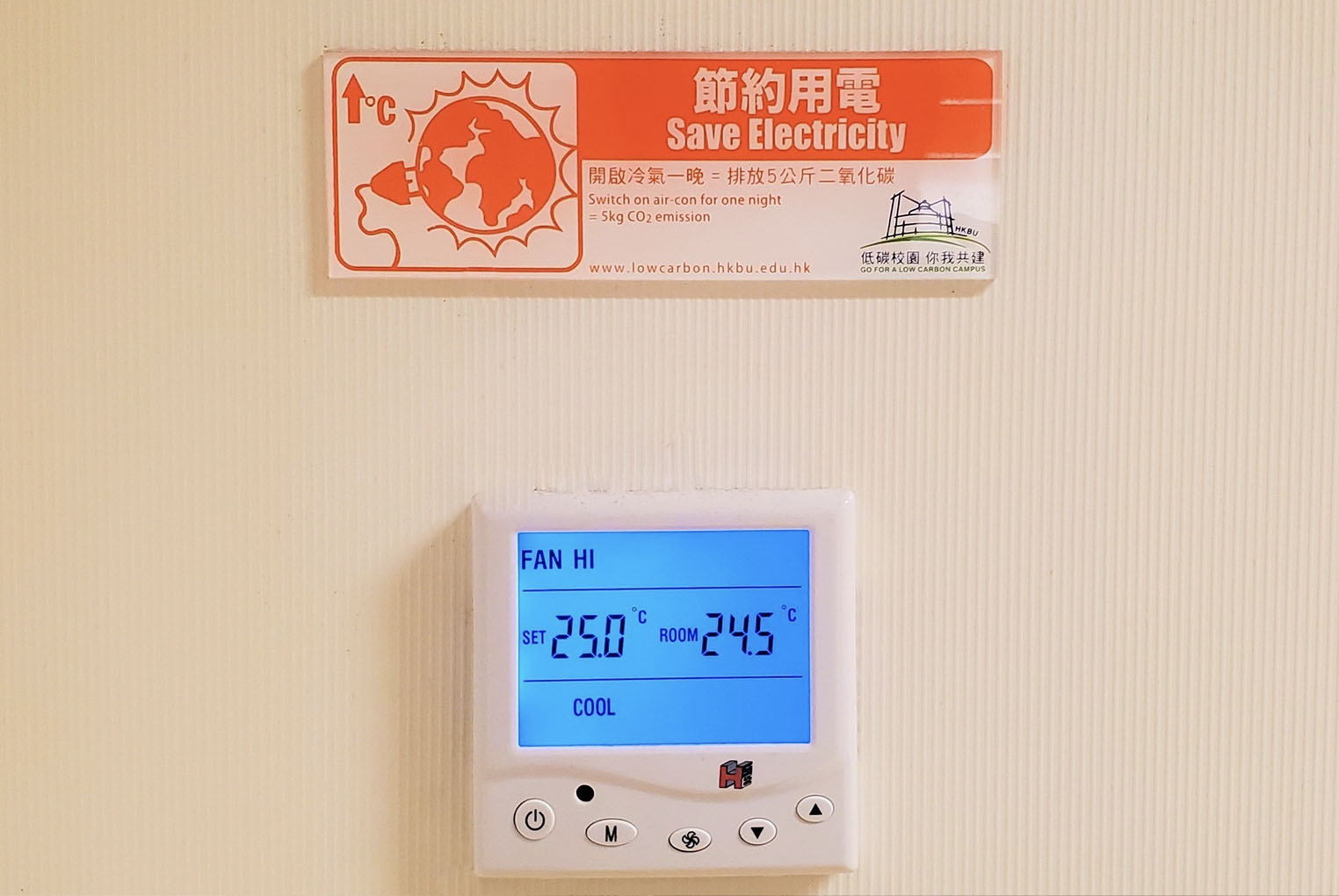

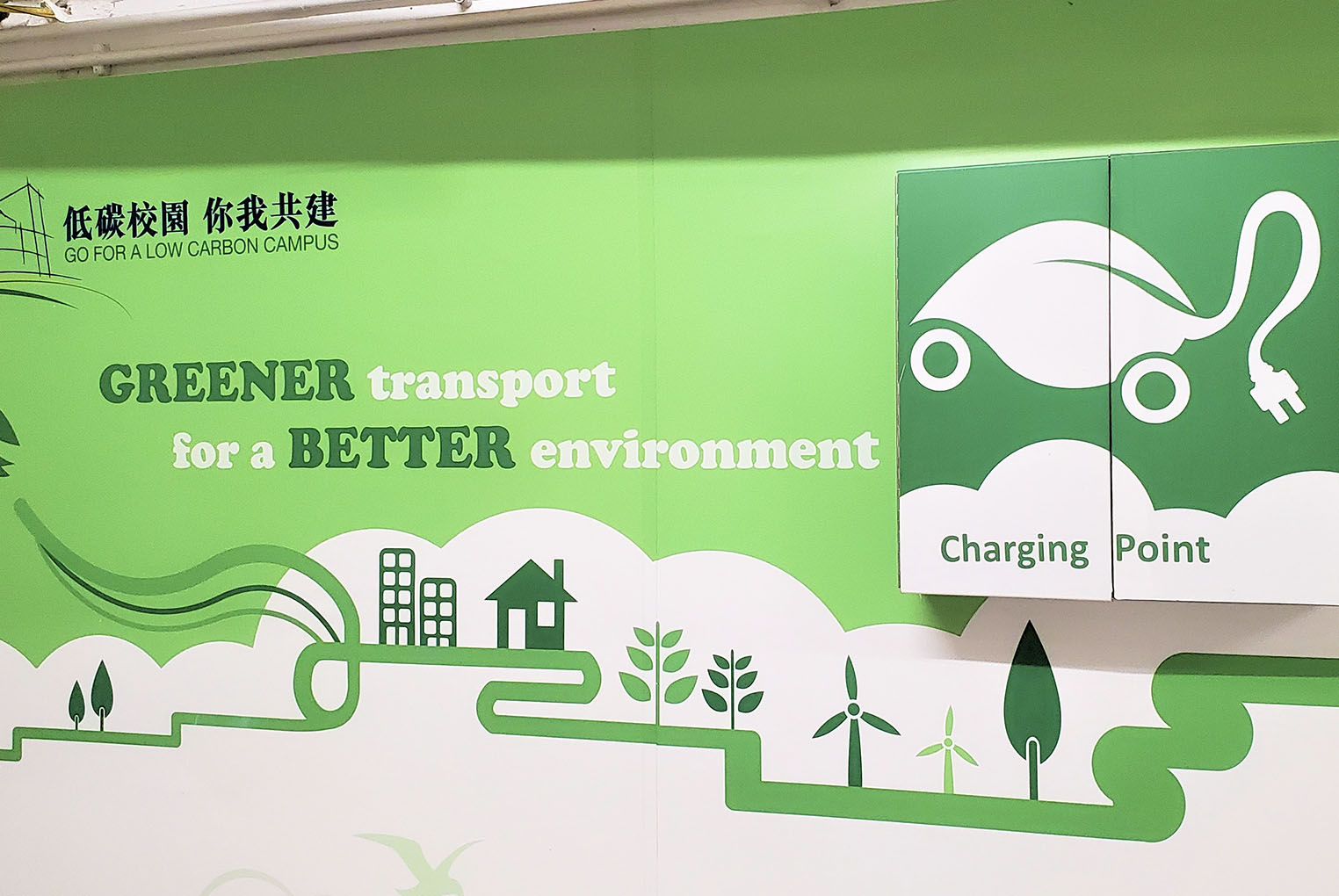

Energy Efficiency Plan
To guide our energy reduction efforts, we have implemented a 5-year Energy Efficiency Plan (2020-2025). This plan establishes clear targets and strategies for reducing overall energy consumption and improving energy efficiency within the university. It is subject to an annual review, ensuring its effectiveness and relevance in meeting our sustainability goals. Further details can be found in the 2023 Sustainability Report.
Carbon Neutrality Commitment
HKBU is committed to achieving carbon neutrality for Scopes 1 and 2 greenhouse gas (GHG) emissions by 2044. As part of our roadmap towards this target, we aim to reduce GHG emissions by 50% by 2035/36, compared to the 2012/13 level. We also encourage stakeholders, including service providers and suppliers, to join us in reducing Scope 3 GHG emissions. For more information, please refer to our Carbon Neutrality webpage.
Carbon Neutrality Policy
To underscore our commitment to carbon neutrality, we have established a Carbon Neutrality Policy. This policy outlines the measures and strategies we will implement to achieve our sustainability goals. It serves as a clear demonstration of our dedication to reducing our carbon footprint and ensuring a sustainable future for our university and community.
Upgrades for Higher Energy Efficiency
We have plans in place to upgrade our existing buildings to higher energy efficiency standards. This initiative aligns with our commitment to reducing energy consumption and minimising our environmental impact. By implementing energy-efficient technologies and practices, we aim to optimise the energy performance of our facilities and enhance sustainability across campus.
Energy Wastage Identification
We actively identify areas of energy wastage through regular energy reviews. External auditors conduct periodic campus energy audits to identify energy waste and recommend improvements. The detailed review results of the recent energy audits conducted can be found in the latest Annual Sustainability Report.
Renewable Energy Development
Renewable Energy Pledge and Low-carbon Energy Tracking
As part of our commitment to sustainability, Hong Kong Baptist University has made significant strides towards generating renewable energy on campus. Our renewable energy generation efforts are set to expand further. The projected annual renewable energy generation will reach about 450,000 kilowatt-hours, which could potentially reduce carbon dioxide emissions by about 175 tonnes. The solar photovoltaic panels project has also been officially recognised under the Renewable Energy Feed-in Tariff Scheme by CLP Power Hong Kong Limited.
In addition to generating renewable energy, we actively track and measure the amount of low carbon energy used throughout our university. To keep our stakeholders informed, we offer real-time monitoring of our renewable energy generation on our sustainability website below.
We are dedicated to increasing our renewable energy capacity, ensuring a more sustainable future for our university and the broader community. For more detailed information on our renewable energy initiatives, please refer to the Sustainability Report.
Join us in our journey towards a more sustainable future. Together, we can make a significant impact in reducing energy consumption and preserving the environment for future generations.
